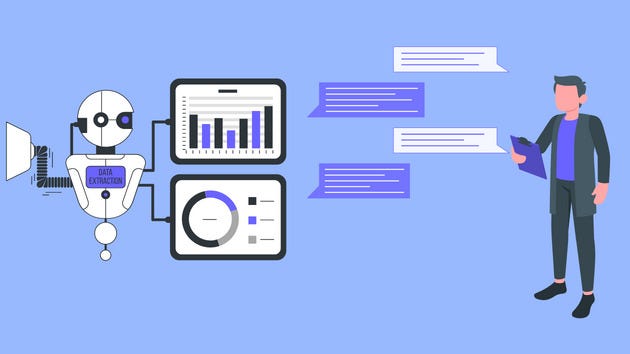What Is Conversation Intelligence Software? And How to Choose the Right One

Modern businesses want more than just recorded calls and chat logs — they want insight. They want to know why customers call, which objections stop sales, what tone works best, and how agents perform in real time. This is exactly what conversation intelligence software delivers.
What Is Conversation Intelligence Software?
Conversation intelligence software uses AI to analyze voice calls, chat conversations, and meeting transcripts. Instead of simply storing conversations, it converts them into meaningful data — like intent, sentiment, objections, keywords, compliance flags, and success patterns.
In simple words, it tells you what is really happening in customer conversations — not just what was said.
What Can It Do?
- Transcribe calls and chats automatically
- Identify customer intent and emotion
- Highlight what makes a sale win or fail
- Coach agents with real-time prompts
- Spot risky or non-compliant statements
- Generate insights for training and strategy
This helps both sales and support teams work smarter, not just harder.
Why Businesses Use It
- To improve agent performance with data-driven coaching
- To detect customer pain points early
- To increase conversions in sales conversations
- To maintain call quality and regulatory compliance
- To understand trends across thousands of interactions
Without such tools, companies rely on guesswork and manual reviews which are slow, biased, and incomplete.
How to Choose the Right Conversation Intelligence Software
When selecting a tool, focus on what matters most:
1) Accuracy of AI Understanding
Look for strong speech-to-text, sentiment detection, and intent recognition. Poor accuracy means poor decisions.
2) Real-Time vs After-Call Insights
Some tools only analyze after the call, but real-time alerts help agents fix mistakes during live conversations.
3) Integration With Your Existing Tools
It should connect easily with CRM, dialer, helpdesk, and communication platforms.
4) Security & Compliance
Since calls contain sensitive data, ensure encryption, access control, and GDPR/industry compliance.
5) Usability & Adoption
A tool is only useful if teams actually use it. Choose clean UI, simple dashboards, and flexible reporting.
6) Scalability and Pricing
Make sure the platform works for your future growth — not just your current size.
Final Thought
Conversation intelligence software is more than a monitoring tool — it is a decision engine for customer-facing teams. It helps companies learn from every conversation, close gaps quickly, and deliver better experience with less guesswork.
Choosing the right one means picking a tool that is accurate, secure, easy to integrate, and capable of supporting real-time improvement — not just documentation.



Comments
Post a Comment